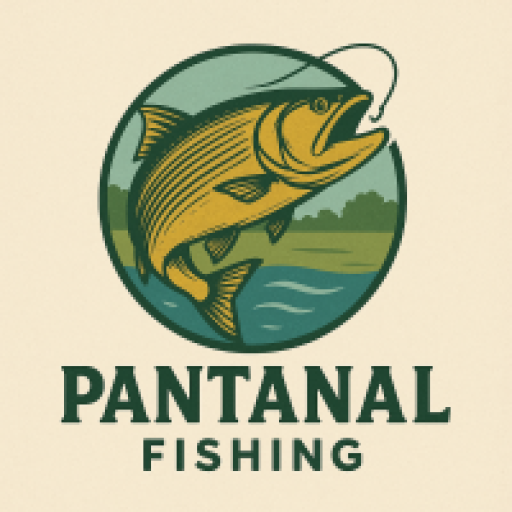Fishing in the Pantanal isn’t just an exciting adventure—it’s also an opportunity to learn about the delicate balance of ecosystems and the importance of conservation. With climate change, deforestation, and overfishing threatening aquatic life worldwide, understanding and practicing sustainable fishing is more important than ever—especially in a region as ecologically vital as the Pantanal.
Why Sustainability Matters in the Pantanal
The Pantanal is home to hundreds of fish species, some of which are found nowhere else on Earth. These fish are part of a much larger food web that includes birds, reptiles, mammals, and even local communities who depend on healthy fish stocks for their livelihoods. Unsustainable fishing can disrupt this balance, leading to reduced biodiversity, altered habitats, and loss of income for traditional communities.
What Is Sustainable Fishing?
Sustainable fishing means catching fish in ways that ensure the long-term health of fish populations and their habitats. In the Pantanal, this includes respecting seasonal cycles, using appropriate gear, and supporting local conservation initiatives.
Key Practices for Responsible Anglers:
- Respect the Piracema Season: From October to February, fishing of native species is banned to allow fish to reproduce. Respecting this closed season helps maintain healthy fish populations.
- Catch and Release: For sport fishers, releasing fish back into the water (especially large breeding specimens) helps maintain the genetic strength of fish populations.
- Use Eco-Friendly Gear: Avoid using lead sinkers or non-biodegradable materials. Barbless hooks can minimize injury to fish during catch and release.
- Minimize Waste: Bring reusable water bottles, avoid plastic bags, and always carry out any trash. Littering pollutes rivers and harms aquatic life.
- Support Local and Sustainable Lodges: Choose eco-lodges that prioritize sustainability. Many are run by families who also act as environmental stewards.
Community Involvement and Traditional Knowledge
Local communities have fished in the Pantanal for generations, often using sustainable methods passed down through oral tradition. These methods respect natural cycles and show a deep understanding of fish behavior. By learning from and supporting these communities, visitors can help preserve both cultural heritage and environmental integrity.
The Role of Ecotourism
Fishing tourism, when done responsibly, plays a crucial role in conservation. Revenue from fishing trips can help fund local protection efforts, education programs, and scientific research. Ecotourism also creates incentives for communities to preserve natural resources rather than exploit them.
Final Reflection
Fishing in the Pantanal is an unforgettable experience, but it comes with responsibility. Every cast and every catch is a chance to contribute to the future of one of the world’s most precious ecosystems. By choosing sustainability, you ensure that the fish, the wetlands, and the people who live there can thrive for generations to come.
